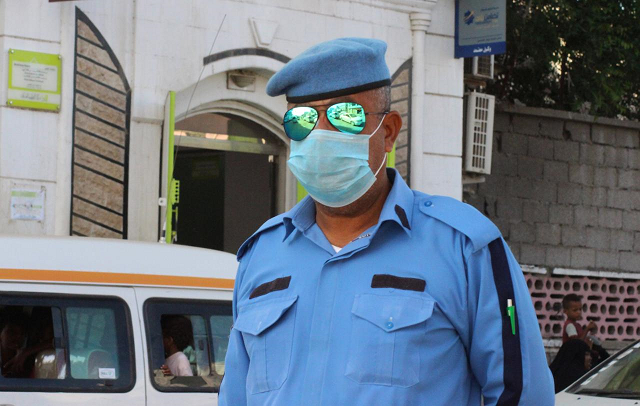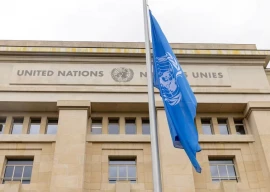
Yemen declares Aden an 'infested' city as coronavirus spreads
As the number of cases in areas under the Saudi-backed government’s control jump to 51, with eight deaths
ADEN: Yemeni authorities declared Aden, interim seat of the Saudi-backed government, an “infested” city on Monday after the number of coronavirus cases there jumped to 35, with four deaths.
A five-year war has shattered Yemen’s health system, pushed millions to the brink of famine and divided the country between the internationally recognised government and the Houthi group that ousted it from power in the capital, Sanaa, in late 2014.
The Aden-based national coronavirus committee late on Sunday announced 17 new COVID-19 cases, 10 of them in the southern port city, to raise the total count in areas under the Saudi-backed government’s control to 51 with eight deaths.
The Houthi movement, which controls Sanaa and most large urban centres, has only reported two cases, with one death. The Aden-based government has accused Houthi authorities of covering up an outbreak in Sanaa, an accusation they deny.
The World Health Organisation says there is full-blown transmission of the virus in Yemen, whose population has some of the lowest levels of immunity to disease compared with other countries. Testing capabilities are inadequate.
The Aden-based committee said Aden had been declared an “infested city” due to the spread of the coronavirus and other diseases after recent flooding. It said movement from Aden to other regions was barred with the exception of the transport of goods.
“The administrative and political situation in Aden is also hampering efforts to combat the coronavirus and this should be remedied so relevant entities can carry out their duties,” the committee said on its Twitter account.
CONFLICT
A major separatist group had on April 25 declared self-rule in Aden and other southern regions, threatening to renew a conflict with the Saudi-backed government in Yemen’s multifaceted war.
The separatist Southern Transitional Council and the government of Abd-Rabbu Mansour Hadi are both part of the anti-Houthi coalition led by Saudi Arabia, but they turned on each other last year until Riyadh brokered a deal in late November.
Yemen has been mired in violence since the Western-backed coalition intervened in March 2015 against the Iran-aligned Houthi movement to restore Hadi’s government to power in Sanaa.
The coalition had on April 24 extended by one month a nationwide ceasefire prompted by the coronavirus outbreak as the United Nations seeks to hold virtual talks to agree a permanent truce, coordinate coronavirus efforts and restart peace talks.
The conflict, largely seen in the region as a proxy war between Saudi Arabia and Iran, has killed more than 100,000, left 80% of the population, or 24 million, reliant on aid and some 10 million facing hunger.
The Houthis, who say they are fighting a corrupt system, have not formally accepted the truce though violence has abated.















COMMENTS
Comments are moderated and generally will be posted if they are on-topic and not abusive.
For more information, please see our Comments FAQ